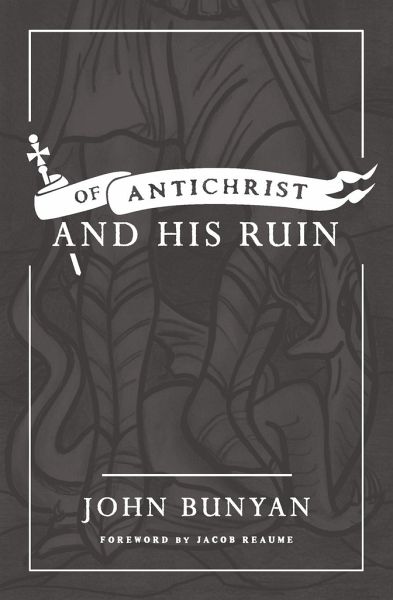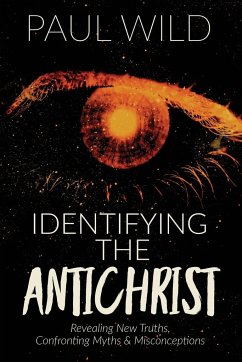
Of Antichrist, and His Ruin
Versandkostenfrei!
Versandfertig in 1-2 Wochen
10,99 €
inkl. MwSt.

PAYBACK Punkte
5 °P sammeln!
For a few generations, our contemporary English-speaking church has received sensational teachings on Antichrist, fabricated to sell novels and whatnot. This has understandably created a distaste for the concept and deprived God's people of a meaningful, biblical lens through which to consider this important doctrine. John Bunyan has bequeathed to us a timeless biblical category for the combustion that occurs when a wicked establishment attacks a faithful church. Antichrist endeavours to usurp Christ's headship over His bride, the church, "to prostrate her to his lusts, to deflower her, and to...
For a few generations, our contemporary English-speaking church has received sensational teachings on Antichrist, fabricated to sell novels and whatnot. This has understandably created a distaste for the concept and deprived God's people of a meaningful, biblical lens through which to consider this important doctrine. John Bunyan has bequeathed to us a timeless biblical category for the combustion that occurs when a wicked establishment attacks a faithful church. Antichrist endeavours to usurp Christ's headship over His bride, the church, "to prostrate her to his lusts, to deflower her, and to make her an adulteress." Antichrist "hath turned the sword of the magistrate against those that keep God's law," rendering the ordinary coercive power of the state "the ruin of the good and virtuous, and a protection of the vile and base."












